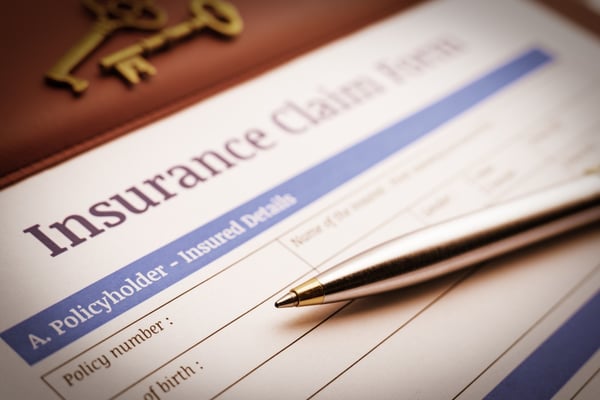
Property managers and management companies face a variety of risks associated with tenants on a near-daily basis. Safety concerns, pet policies, damage, defaulting on rent...the list goes on and on. Throw in all the vendors and contractors that come on site for renovations, repairs, or routine service, and it becomes clear that a proper risk management strategy is essential. Included in that strategy should be procedures for vetting the vendors you use.
We don't need to share stories of incidents involving shady suppliers that cost a community time, money, and headaches. You've likely heard of some from colleagues or industry buzz. Still, some property managers don't have a process for ensuring the vendors they use aren't a liability waiting to happen. Not doing so can expose your property to risks that can impact residents. A proper assessment of your vendors and contractors will help reduce these risks and protect your community.
How to Reduce Risks Associated with Onsite Vendors
1. Conduct a Background Screening
Not screening a vendor poses a risk to both your property and residents. As you would when hiring a new employee, conduct a background check. Things to look for include:
- Criminal history
- Past legal issues
- Proper license(s)
2. Get a Signed Contract
A lot of vendors operate without any formal agreement. They're mostly smaller 'mom and pop' type operations. But the importance of having a proper contract in place can't be overstated, and should be built into your risk management strategy.
Things to consider in the contract:
- Does it include insurance requirements? What are they?
- Does it have a hold harmless or indemnity clause approved by your company attorney?
3. Get Proof of Insurance
As the burden for managing onsite vendors falls more on the shoulders of property managers, the best thing you can do is educate yourself as much as you can. Commercial insurance is complex, but understanding the core aspects of a policy goes a long way.
Be sure to obtain a certificate of insurance (COI). If a vendor cannot provide one, it's a sign they likely don't have insurance, spelling bad news for your property if something goes wrong.
4. Check References
As always, check with others who have used the vendor you're wanting to use. Ask for references. Again, if they cannot or are not willing to provide any, you may want to move on.
It's important to know who's on your property and that you'll be protected if an incident occurs. Make sure you have a risk management strategy to reduce the risks associated with onsite vendors.

